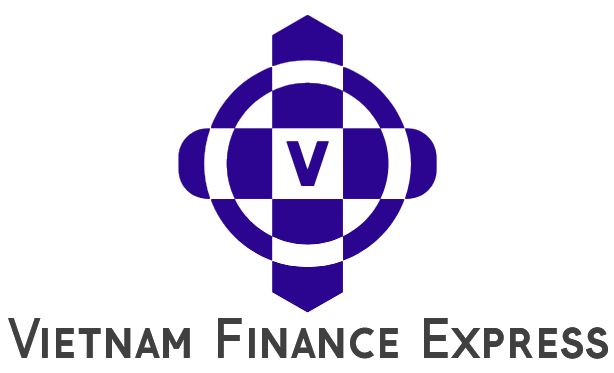Reinventing Forest City: From Vacant Metropolis to a Hub for Digital Entrepreneurship and Innovation


In the shadow of towering palm trees and the glimmering Johor Straits, Malaysia’s Forest City has seen its $100 billion dream shift from an ambitious real estate project to something unforeseen: a speculative laboratory for techno-utopian experiments. Once envisioned as a thriving smart metropolis on man-made islands near Singapore, Forest City became infamous for its empty condos, half-finished towers, and a population that never materialized. Now, visionaries are seizing its unfilled promise and giving it new life.
Among them is Balaji Srinivasan, a Silicon Valley entrepreneur known for his work at Coinbase and a16z. Recently, Srinivasan acquired a private island off the coast of Forest City using Bitcoin to launch “The Network School”—a radical three-month residential program designed for tech entrepreneurs, digital nomads, fitness enthusiasts, and the crypto curious. Participants pay a premium for a shared or solo apartment and commit to an immersive schedule where days begin with rigorous group workouts and continue through intensive workshops on subjects like AI, crypto, blockchain, and entrepreneurship.
Srinivasan’s project is inspired by the notion that new countries can emerge from strong online communities, and then take root physically. Instead of traditional blueprints or constitutions, his “network state” begins with a shared ethos. The initiative blends futuristic governance ideals with real-world entrepreneurship, aiming to serve as a seed for a new kind of society that’s collaborative, borderless, and tech-forward.
But this ambitious effort is not without critics or challenge. The city still struggles with a glut of vacant apartments and a reputation damaged by overhyped promises. Attempts to revitalize Forest City and attract global investors hinge, in part, on its rebranding as a financial innovation hub. Tax incentives, integration into special economic zones, and targeted outreach to family offices are underway, yet skepticism prevails given the area’s turbulent history.
The Network School’s approach to governance has also raised debate. Co-visionary Vitalik Buterin, Ethereum’s co-founder, has voiced concerns over “network states” risking elitism and concentrating too much power among founders. He argues that if such societies are to flourish, they must resolve critical questions about governance and inclusivity—not just technology and investment.
Despite the lingering echoes of empty corridors, change is unmistakably afoot in Forest City. Tech luminaries and ambitious experimenters are staking their claims in its futuristic landscape, transforming it from a cautionary tale into a proving ground for the next wave of digital societies. Whether Forest City can escape its ghost-town shadow and become a beacon for innovation remains uncertain, but its journey has rapidly become a story of reinvention—and a test case for the dreams and tensions of our digital age.

Leave a Comment